Government of Morocco: History, Elections, and Key Leaders
Historical Background
Morocco, officially known as the Kingdom of Morocco, has a rich history that dates back thousands of years. It gained independence from French and Spanish protectorates in 1956. Since then, it has developed a unique political system that blends traditional monarchy with modern parliamentary elements.
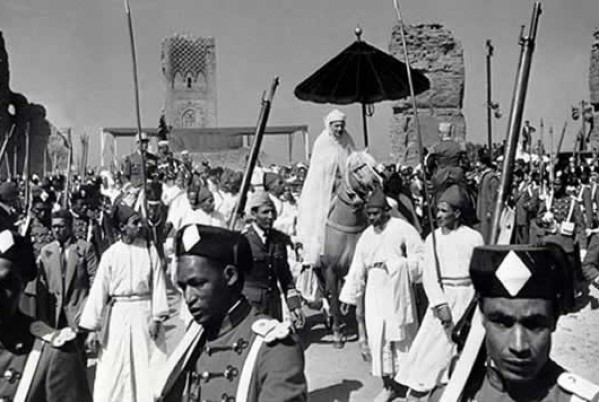
Key Historical Milestones:
- Independence: Morocco regained its independence on March 2, 1956, from France, and later in April 1956 from Spain.
- Monarchical Lineage: The Alaouite dynasty has ruled Morocco since the 17th century, providing continuity and stability.
The Monarchy
The monarchy is the cornerstone of Morocco’s political system. The king holds extensive executive and legislative powers and is also the supreme commander of the armed forces.
Current Monarch:
- King Mohammed VI: Ascended to the throne on July 23, 1999, after the death of his father, King Hassan II. King Mohammed VI is known for his efforts in modernizing the country, implementing economic reforms, and promoting human rights.
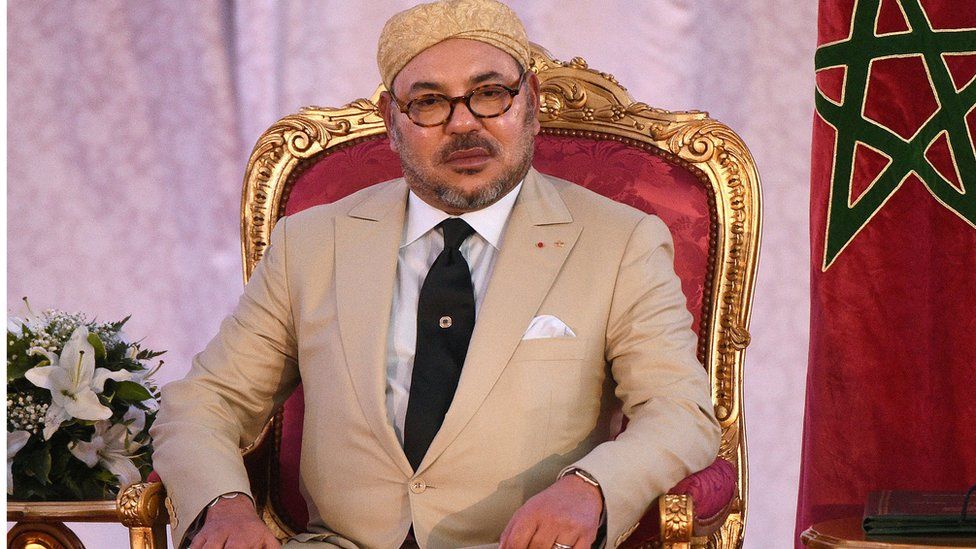
Notable Monarchs:
- King Mohammed V (1956-1961): Played a critical role in Morocco’s independence movement.
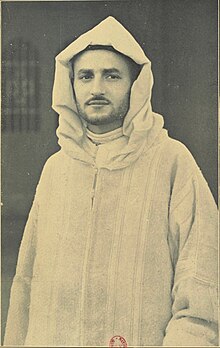
- King Hassan II (1961-1999): Known for his strong leadership, economic modernization, and sometimes repressive political tactics.
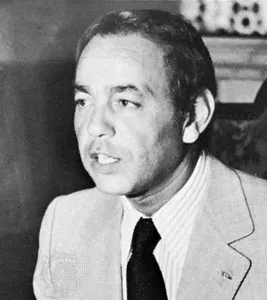
The Political System
Morocco’s political system is defined by its constitution, which has been amended several times, most recently in 2011 in response to the Arab Spring.
Constitutional Framework:
- Constitution: The current constitution was adopted in 2011, aiming to decentralize power, enhance judicial independence, and strengthen the role of parliament.
- Bicameral Parliament: Consists of the House of Representatives (lower house) and the House of Councillors (upper house). Members of the House of Representatives are elected for five-year terms through a proportional representation system, while members of the House of Councillors are elected by regional councils, professional chambers, and labor syndicates.
Key Political Leaders
Prime Ministers:
- Aziz Akhannouch (2021-present): Leader of the National Rally of Independents (RNI). A businessman with significant influence in the energy and agriculture sectors, Akhannouch became Prime Minister following the 2021 elections where his party emerged as the largest in parliament.

- Saadeddine Othmani (2017-2021): Member of the Justice and Development Party (PJD). His tenure was marked by attempts to implement economic reforms amidst coalition politics.
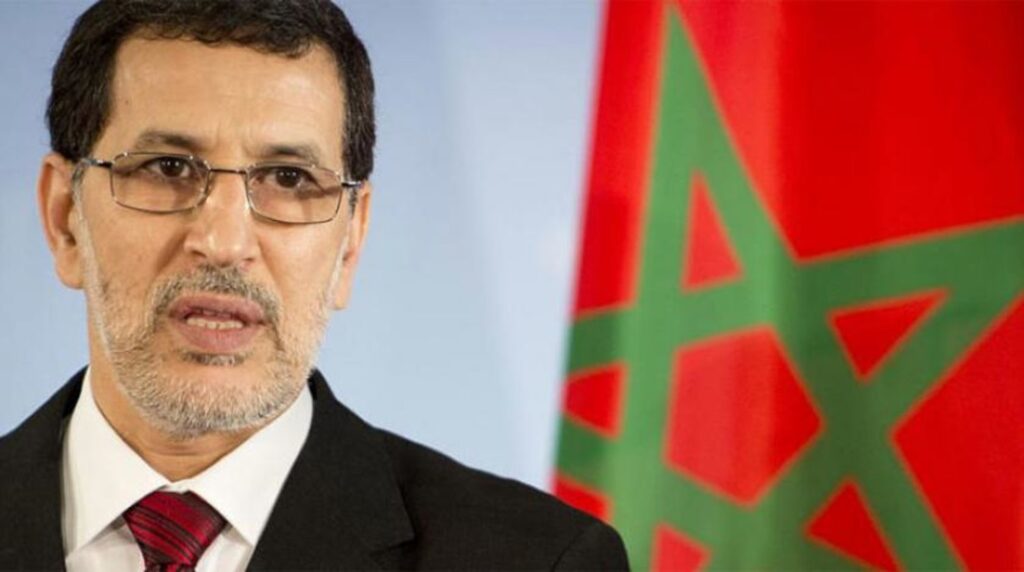
- Abdelilah Benkirane (2011-2017): Also from the PJD, Benkirane’s term was notable for navigating political reforms in the wake of the Arab Spring.
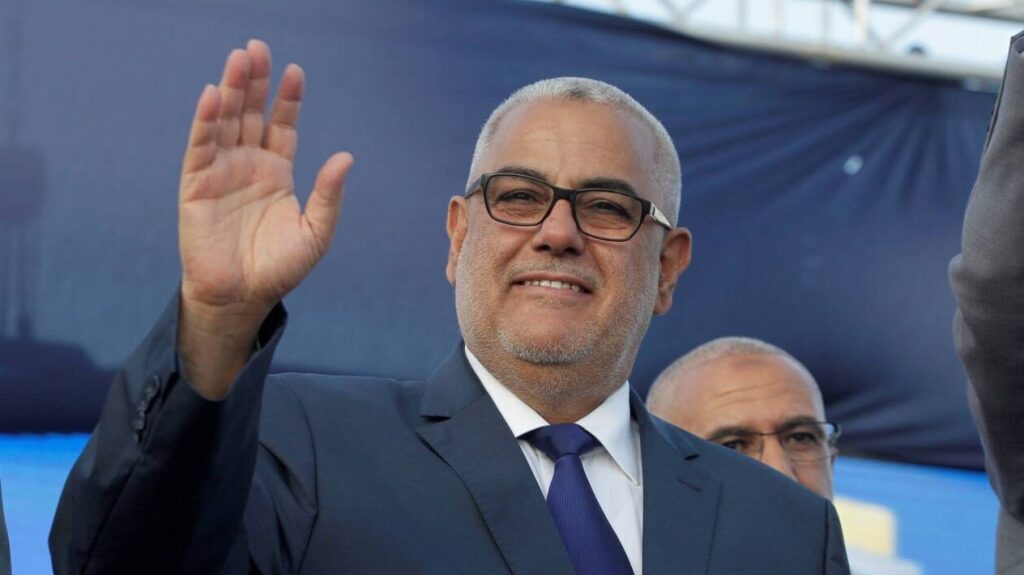
Political Parties:
- Justice and Development Party (PJD): An Islamist party that gained prominence after the 2011 constitutional reforms.
- National Rally of Independents (RNI): A liberal party led by Aziz Akhannouch, which won the most seats in the 2021 parliamentary elections.
- Authenticity and Modernity Party (PAM): Founded in 2008 by Fouad Ali El Himma, a close associate of King Mohammed VI, PAM advocates for modernist policies and has been a significant player in recent elections.
Electoral System
Morocco’s elections are held at regular intervals, with the most recent parliamentary elections taking place in September 2021.
Electoral Mechanism:
- House of Representatives: Members are elected for five-year terms using a system of proportional representation.
- House of Councillors: Members are elected by regional councils, professional chambers, and labor syndicates.
Recent Election Results:
- 2021 Elections: The RNI emerged victorious with 102 out of 395 seats, significantly reducing the PJD’s presence to only 13 seats.
- 2016 Elections: The PJD won 125 seats, while PAM secured 102 seats.
Political Reforms and Challenges
Morocco has undertaken several political reforms, particularly following the 2011 constitutional amendments, to decentralize power, enhance judicial independence, and strengthen human rights protections.
Key Reforms:
- 2011 Constitutional Reform: This reform was a response to the Arab Spring protests and aimed to increase the powers of the parliament and the Prime Minister, while still maintaining significant authority with the king.
- Economic and Social Reforms: Under King Mohammed VI, there has been a focus on infrastructure development, education, healthcare improvements, and initiatives to boost employment and economic diversification.
Ongoing Challenges:
- Unemployment: Despite economic growth, job creation has lagged, particularly for youth and women.
- Economic Inequality: Regional disparities and income inequality remain pressing issues.
- Political Freedom: While reforms have been made, there are ongoing concerns about press freedom and political dissent.
Key Institutions and Dynamics
Policy Center for the New South (PCNS):
- A leading think tank in Morocco, focusing on policy research and analysis, particularly in areas such as economic development, international relations, and governance.
World Bank’s Role:
- The World Bank has been instrumental in providing guidance and support for Morocco’s economic and social reforms. Jesko Hentschel, the World Bank’s Country Director for the Maghreb and Malta, has highlighted both the achievements and challenges in Morocco’s economic landscape.
Notable Economic Sectors:
- Agriculture: Historically a major employment sector, it has become more capital-intensive due to government policies, reducing labor demand.
- Manufacturing: Sectors like automotive and aeronautics are growing but are also becoming more capital-intensive.
- Tourism: Remains a vital sector, contributing significantly to GDP and employment.
Morocco’s political landscape is characterized by a blend of tradition and modernity, with the monarchy playing a central role in guiding the country’s development while navigating the complexities of democratic governance and social reform.
